Product Description
ACE2 Antibody (biotin) | 3217-biotin | ProSci
Host: Rabbit
Reactivity: Human, Mouse, Rat
Homology: Predicted species reactivity based on immunogen sequence: Bovine: (88%)
Immunogen: Anti-ACE2 antibody (biotin) (3217) was raised against a peptide corresponding to 18 amino acids near the carboxy terminus of human ACE2.
The immunogen is located within the last 50 amino acids of ACE2.
Research Area: Infectious Disease
Tested Application: E, IHC
Application: IHC: 2 μg/mL
Antibody validated: Immunohistochemistry in human samples. All other applications and species not yet tested.
Specificiy: Anti-ACE2 has no cross response to ACE1.
Positive Control 1: Cat. No. 1305 - Human Kidney Tissue Lysate
Positive Control 2: Cat. No. 10-401 - Human Kidney Tissue Slide
Positive Control 3: Cat. No. 1306 - Human Spleen Tissue Lysate
Positive Control 4: Cat. No. 1313 - Human Testis Tissue Lysate
Positive Control 5: N/A
Positive Control 6: N/A
Molecular Weight: Predicted: 93kD
Observed: 130 kD (7 N-linked glycosylation)
Validation: N/A
Isoform: Human ACE2 has 2 isoforms, including isoform 1 (805aa, 93kD) and isoform 2 (555aa, 64kD) . Mouse ACE2 also has 2 isoforms, including isoform 1 (805aa, 92kD) and isoform 2 (353aa, 40kD) . Rat ACE2 has one isoform (805aa, 93kD) . 3215 can detect human, mouse and rat.
Purification: ACE2 Antibody is affinity chromatography purified via peptide column.
Clonality: Polyclonal
Clone: N/A
Isotype: IgG
Conjugate: biotin
Physical State: Liquid
Buffer: ACE2 Antibody is supplied in PBS containing 0.02% sodium azide.
Concentration: 1 mg/mL
Storage Condition: ACE2 antibody can be stored at 4˚C for three months and -20˚C, stable for up to one year. As with all antibodies care should be taken to avoid repeated freeze thaw cycles. Antibodies should not be exposed to prolonged high temperatures.
Alternate Name: ACE2 Antibody: ACEH, Angiotensin-converting enzyme 2, ACE-related carboxypeptidase, ACEH, SARS-CoV receptor, SARS-CoV-2 receptor
User Note: Optimal dilutions for each application to be determined by the researcher.
BACKGROUND: ACE2 Antibody: Angiotensin-converting enzyme 2 (ACE2) plays a central role in vascular, renal, and myocardial physiology. In contrast to its homolog ACE, ACE2 expression is restricted to heart, kidney, and testis. Recently. ACE2 has also been shown to be a functional receptor of the SARS coronavirus. Homology modeling shows 2019-nCoV has a similar receptor-binding domain structure as SARS-CoV, which suggests COVID-19 (2019-nCoV) may use ACE2 as a receptor in humans for infection. The normal function of ACE2 is to convert the inactive vasoconstrictor angiotensin I (AngI) to Ang1-9 and the active form AngII to Ang1-7, unlike ACE, which converts AngI to AngII. While the role of these vasoactive peptides is not well understood, lack of ACE2 expression in ace2-/ace2- mice leads to severely reduced cardiac contractility, indicating its importance in regulating heart function.
 Euro
Euro
 USD
USD
 British Pound
British Pound
 NULL
NULL

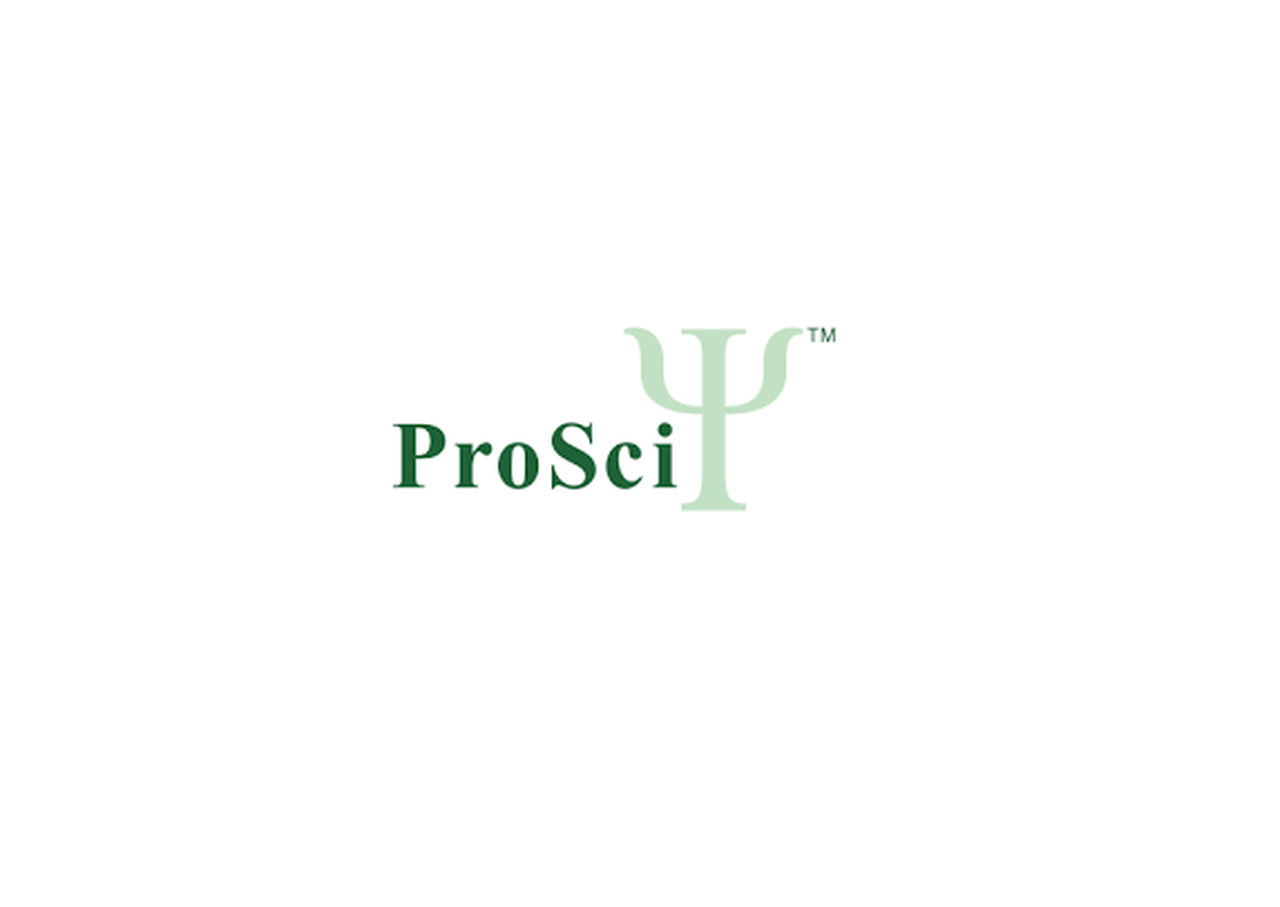
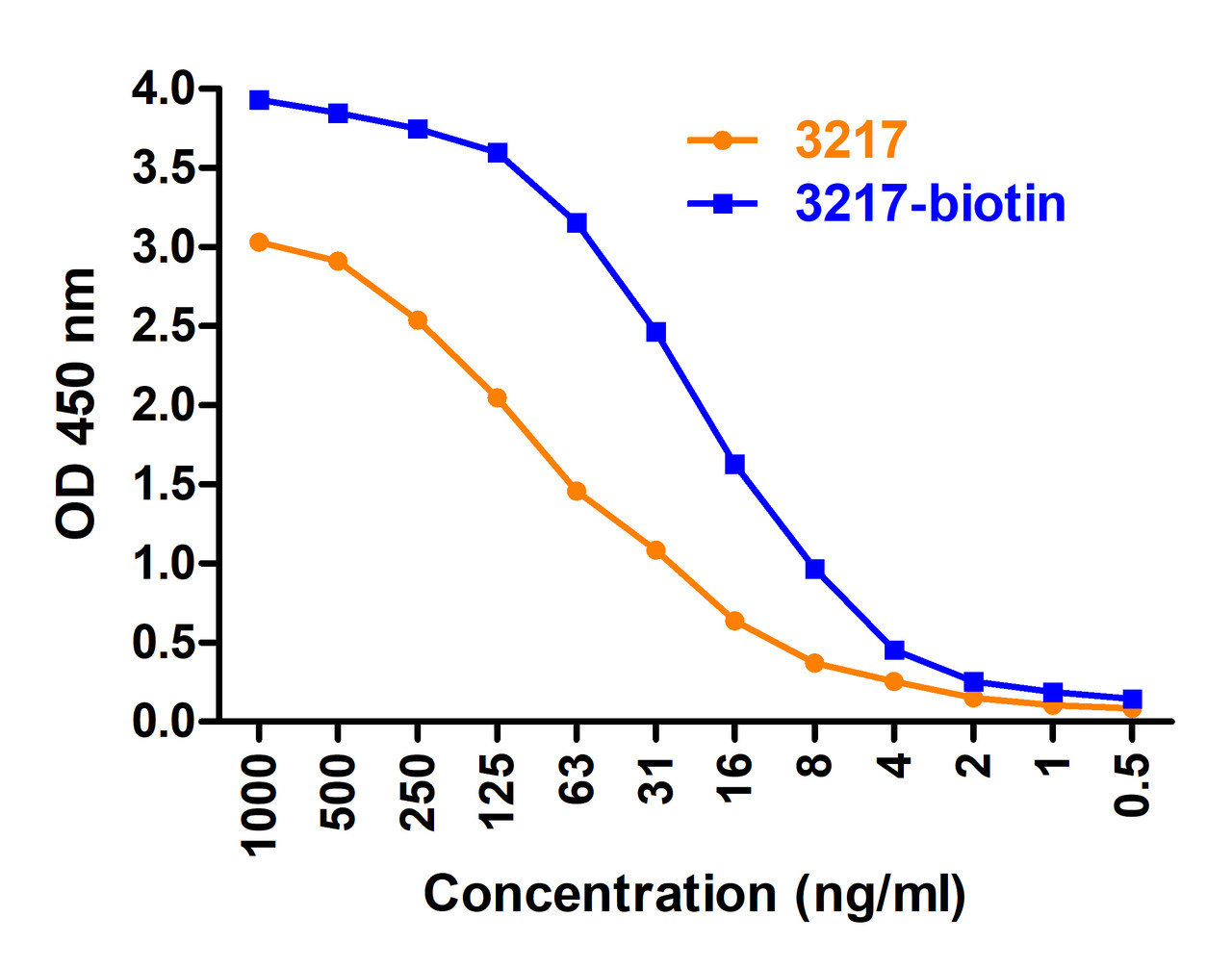
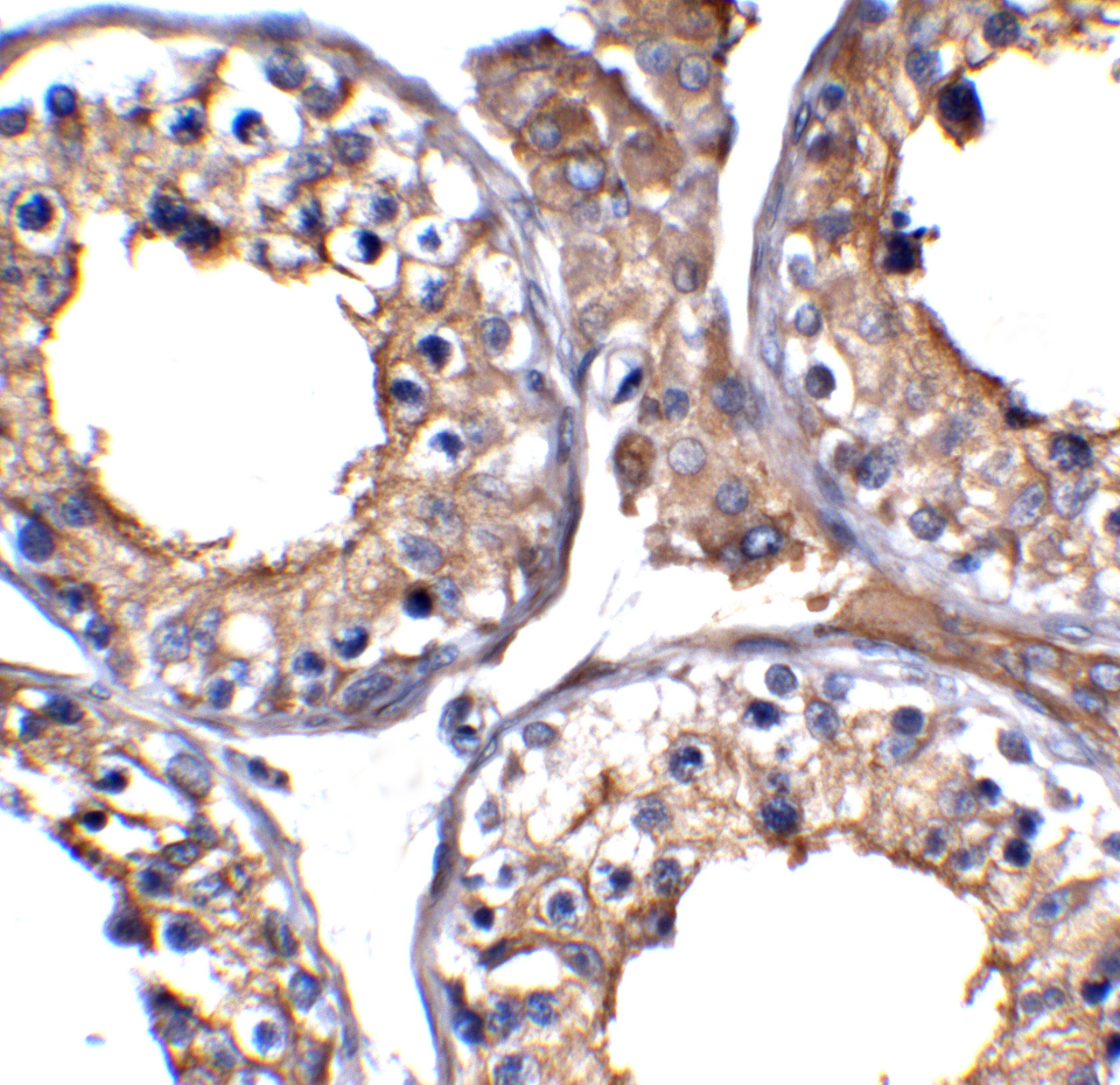




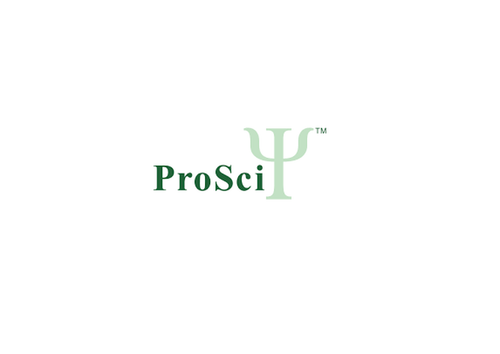
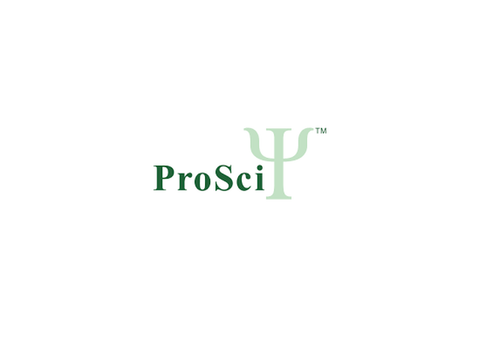
![ACE2 Antibody [AC18F] (biotin) ACE2 Antibody [AC18F] (biotin)](https://cdn11.bigcommerce.com/s-452hpg8iuh/images/stencil/500x659/products/553765/761762/porsci_lo__79508.1648973713__24051.1649086267.png?c=2)
![ACE2 Antibody [AC384] (biotin) ACE2 Antibody [AC384] (biotin)](https://cdn11.bigcommerce.com/s-452hpg8iuh/images/stencil/500x659/products/553771/761768/porsci_lo__79508.1648973713__82898.1649086268.png?c=2)
